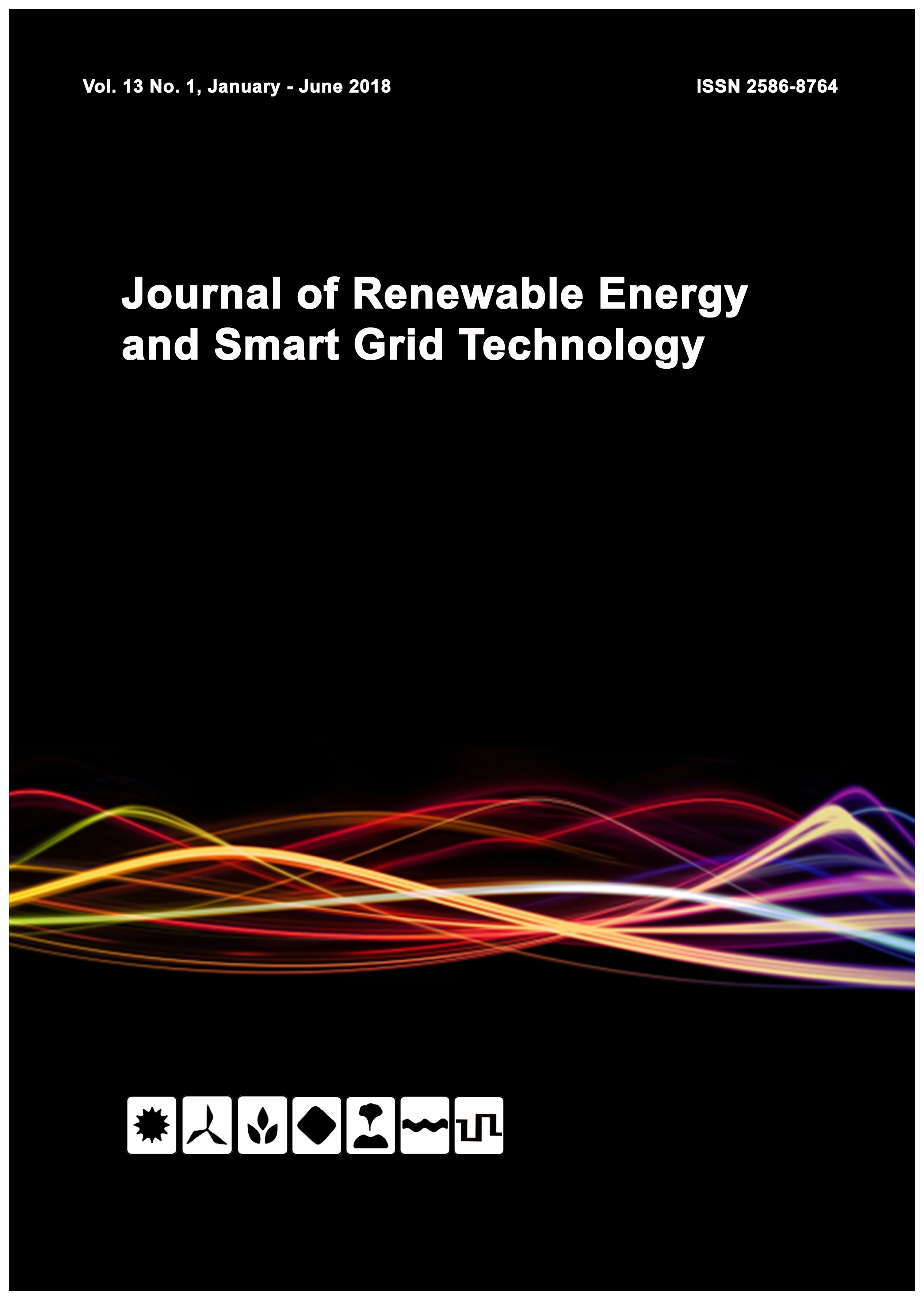The use of simplified energy calculations in ethical decision making of biofuels by secondary school students: A case study from a Thai international school
Keywords:
Biobutanol, environmental ethics, simplified calculations, biofuel chemical reactionsAbstract
Many countries include a requirement in the curriculum for secondary school students to apply ethical reasoning when considering alternative actions within society. Ethical arguments can be founded in a number of different frameworks and this can make argument complex or difficult to weigh for secondary students. To make fully informed decisions regarding renewable energy (RE) resources a scientific understanding of the technologies and processes is needed. The majority of secondary school science curricula require students to master the ability to balance and subsequently use stoichiometric equations in calculations. This frequently becomes a stumbling block for a significant number of students. Having learned different approaches to balancing equations from various renewable energy (RE) processes including pyrolysis, gasification, partial oxidation, anaerobic fermentation, Fischer-Tropsch reactions, esterification for biodiesel and combustion of alcohols students were then required calculate and analyse trends in the enthalpy of combustion for two homologous series. This paper demonstrates the successful use of a novel approach for calculation, classifies the cause of common errors made by inexperienced students and statistically quantifies the errors. The test group used approximated bond energy values whereas the control group used published values. This is set within a small case study of eighteen secondary school students in an international school, who were applying scientific arguments whilst studying environmental ethics. The students applied their knowledge gained to justify a choice of a second generation fuel using scientifically informed ethical reasoning. Through the application of their stoichiometric skills in analysis and ethics in argumentation students demonstrate the use of higher order cognitive thinking skills. The acquisition and application of these skills is evidenced in interview extracts where students construct arguments in favour of particular fuels. This case study illustrates the potential for teachers to deliver simplified, yet challenging, chemical knowledge to enhance the teaching of applied ethics.
References
UNESCO (2005) Universal Declaration on Bioethics and Human Rights. Available online at:
http://portal.unesco.org/en/ev.php-URL_ID=31058&URL_DO=DO_TOPIC&URL_SECTION=201.htm
Burmeister, M., Rauch, F. and Eilks, I Education for Sustainable Development and chemistry education, Chemistry Education Research and Practice 13 (2012) 59 – 68.
Thein, I.K.N. Sustainable hydropower and engineering ethics: A quest for two in one solution. Presentation at UNESCO Ethics of Energy Technologies Conference, Bangkok, Thailand, 2007.
Boonlong, R., Farbotko, C., Parfondry, C., Graham, C. and Macer, D. Representation and Decision-Making in Environmental Planning with Emphasis on Energy Technologies. Bangkok: UNESCO, 2011.
Lui, J., Dorjderem, A., Fu, J., Lei, H., Macer, D., Qiao, Q., Sun, A., Tachiyama, K., Yu, L. and Zheng, Y. Water Ethics and Water Resource Management, Ethics of Climate Change in Asia and the Pacific Project Working Group 14 Report, UNESCO, Bangkok, 2011.
Gorard, S., Siddiqui, N. and Huat, B. Philosophy for Children, Education Endowment Foundation, 2015. Available online at:
https://educationendowmentfoundation.org.uk/uploads/pdf/Philosophy_for_Children.pdf
Jamieson, D. Ethics and the Environment: An Introduction. Cambridge University Press, Cambridge and New York, 2008.
Sufficiency Economy: Implications and Applications, National Economic and Social Development Bangkok, 2007. Available online at: http://www.thai-library.org/Resource/0000001117.pdf
Collins, K.M.T. Advanced Sampling Designs in Mixed Methods Research, in: Tashakkori, A. and Teddlie, C (Eds.), SAGE Handbook of Mixed Methods in Social and Behavioural Research: Second Edition, SAGE, Los Angles, London, Singapore and Washington DC, 2010.
Gulacar, O., Overton, T. L., Bowman, C. R. and Fynewever, H. A novel code system for revealing sources of students’ difficulties with stoichiometry, Chemistry Education Research and Practice. 14 (2013) 507 – 515.
Galgano, P,D., Loffredo, C., Sato, B.M., Reichardt, C. and El Seoud, O. A. Introducing education for sustainable development in the undergraduate laboratory: quantitative analysis of bioethanol fuel and its blends with gasoline by using solvatochromic dyes, Chemistry Education Research and Practice, 13 (2012) 147 – 153.
Creswell, J.W. Mapping the Developing Landscape of Mixed Methods Research in: Tashakkori, A. and Teddlie, C (Eds.), SAGE Handbook of Mixed Methods in Social and Behavioural Research: Second Edition, SAGE, Los Angles, London, Singapore and Washington DC, 2010.
Lee, S. and Shah, Y.T. Biofuels and Bioenergy: Processes and Technologies CRC Press, London and New York, 2013.
Conway, A.R.A., Kane, M.J., Bunting, M.F., Hambrick, D.Z., Wilhelm, O. and Engle, R.W. Working Memory Span Tasks: A Methodological Review and User’s Guide, Psychonomic Bulletin and Review 12 (2005) 769 – 786.
Woods, D.K., Kishiyama, M.M, Yund, E.W., Herron, T.J., Edwards, B., Poliva, O., Hink, R.F. and Reed, B. Improving digit span assessment of short-term verbal memory, Journal of Clinical and Experimental Neuropsychology, 2010, 1 – 11.
Downloads
Published
How to Cite
Issue
Section
License
All copyrights of the above manuscript, including rights to publish in any media, are transferred to the SGtech.
The authors retain the following rights;
1. All proprietary rights other than copyright.
2. Re-use of all or part of the above manuscript in their work.
3. Reproduction of the above manuscript for author’s personal use or for company/institution use provided that
(a) prior permission of SGtech is obtained,
(b) the source and SGtech copyright notice are indicated, and
(c) the copies are not offered for sale.



